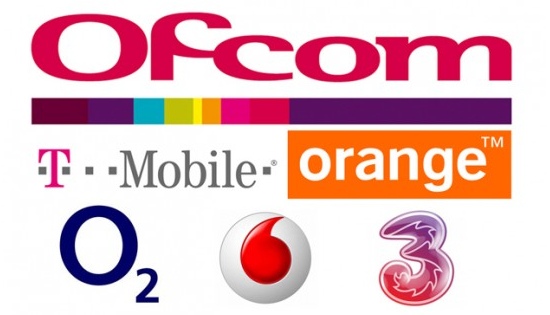Back in June, mobile network providers, O2 and Vodafone, formed a mutual agreement to have their network infrastructures managed by a single entity, enabling the firms to increase coverage by around 40 per cent and significantly decrease roll-out times of new technology.
This was, of course, in-light of the competition provided by new merged Orange and T-Mobile network, Everything Everywhere, as well as its application for early use of the 1,800MHz spectrum for a 2012 4G roll-out. EE has subsequently been granted rights to deploy 4G and will likely be doing so and announcing price-plans, this month.

It's now more important than ever that O2 and Vodafone take all measures possible to roll-out 4G as soon as possible. Previously, the two firms had threatened legal action over Ofcom's rulings, how it would segregate 4G spectrum, the early granting of 1,800MHz -holding up the country's 4G roll-out plans. Now that EE is plowing ahead with its own 4G release and, perhaps aided by recent Ofcom approval of the firms' infrastructure merger, both companies have agreed to settle differences and will not be taking anyone to court.
This recent development has allowed for Vodafone and O2 to hold preliminary discussions with Ofcom, which, along with renewed effort on Ofcom's part, has enabled spectrum bidding to move-up, hopefully resolving by the end of this year, with the freeing of vital spectrum now taking place between April and May for some previously trailing cities, as opposed to a mid-Autumn target, for a view to a roll-out well before the summer.
It's now looking promising that, by the end of 2014, all network providers could reach the target of 98 per cent coverage.













